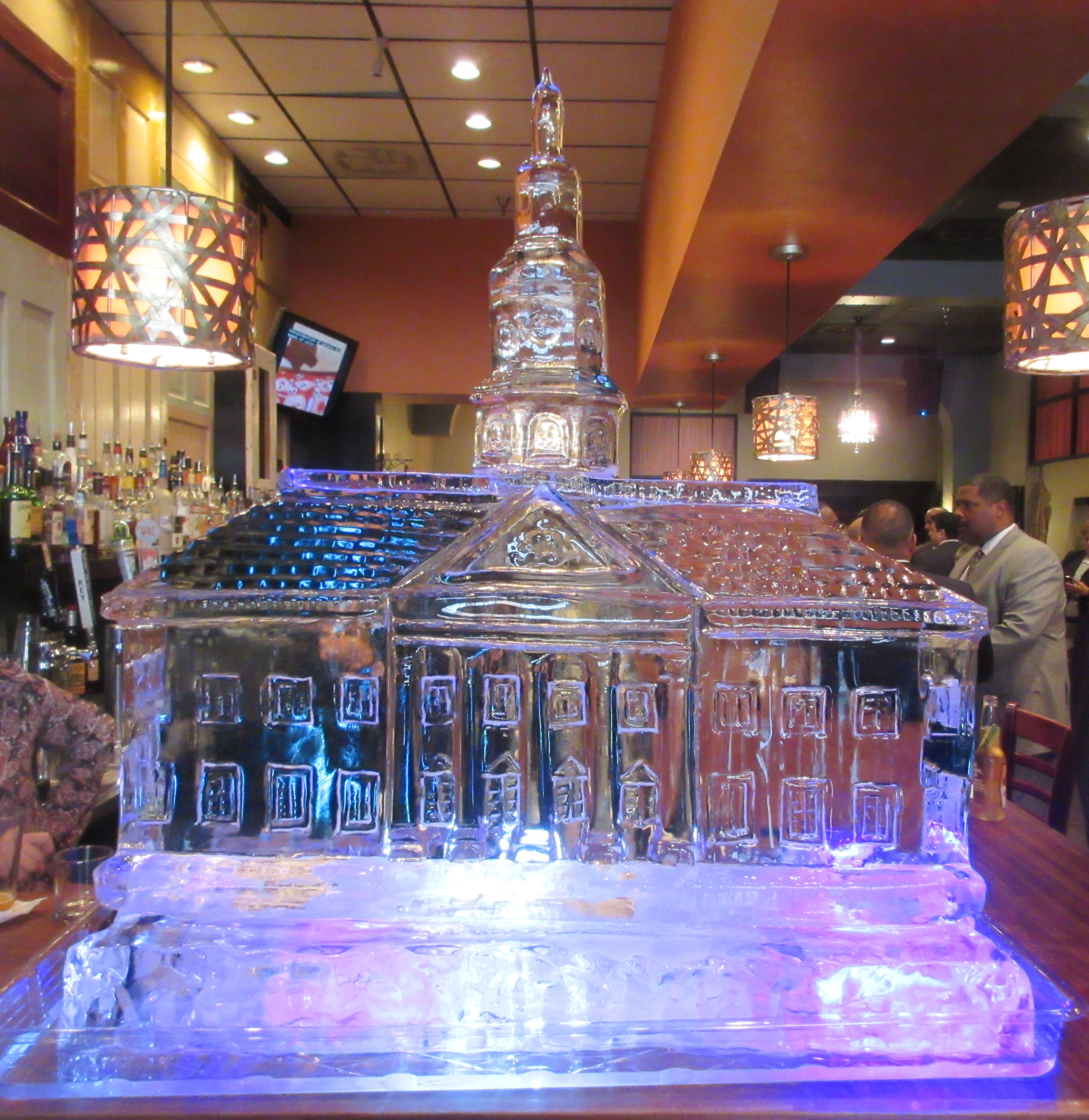The pandemic has prodded the Maryland General Assembly to make its actions more open and transparent than ever. This includes many steps that had been advocated for years by journalists and good government types.
That doesn’t mean that this greater openness will make the lawmakers actions more palatable if you happen to disagree with them. But it may help you understand them.
In perhaps the biggest step, the live streaming and archiving of video from the floor sessions in the House and Senate chambers seems now to be a permanent feature.
This includes the chyron, the screen captions, identifying the speakers.
Audio of the floor sessions had been available for more than a decade. But knowing what legislators were speaking and what they were talking about was a problem, since the rules of both chambers require that personal names not be used.
Committee hearings have been live-streamed and archived for years, but the voting session in which bills are actually debated and voted on were off limits. Last year, committee votes were videoed, and the House plans to continue that for the entire session, though it’s not clear if the Senate will after Feb. 11.
Just as important, the list of bills to be voted on in committee will be published in advance. This is a huge improvement. Even for reporters and others actually present in the committee room, it was often difficult to know what the legislators were voting on unless a friendly legislator showed you a voting list.
People hoping to testify on a bill will also be able to sign up the day before. In the House, they participate via Zoom. Written testimony will also be available online in many cases.
All of these measures are big improvements for open government. There is now a huge amount of material online about every piece of legislation, including video links, especially on the one third of all bills that make it out of committee.
Getting the most out of the Assembly website still takes a good deal of knowledge and experience. But the process is much more transparent and open than it was decades ago when you had to be physically present in Annapolis and traipse from room to room and building to building to get information that is now easily available online.
Will there still be backroom deals, hidden agendas and legislative trickery? Will committee chairs still put bills “in the drawer,” with no vote and no explanation?
Of course. But the more accessible the process, the more those deals, agendas and trickery can be made visible.





Recent Comments